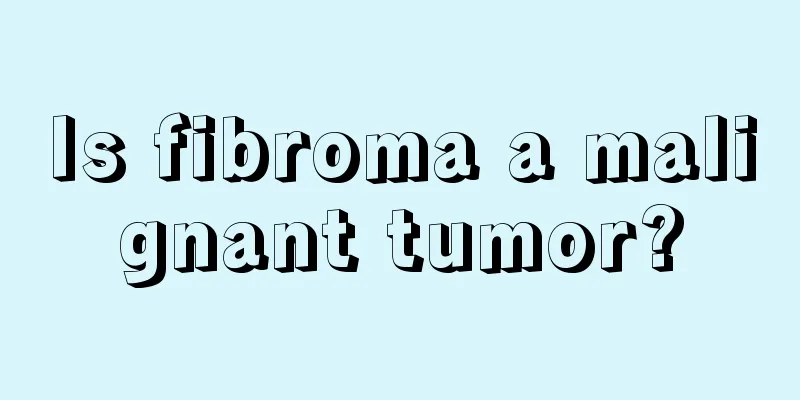Is junctional premature beat normal?

|
Under normal circumstances, the heart beats at a certain regular interval. However, if the beat occurs prematurely, it is called premature beat, also known as premature contraction. This is a scary condition that mostly occurs in the elderly. Patients will experience palpitations, chest tightness, etc., but some people do not have any signs. So are junctional premature beats normal? Let’s find out together. What are premature atrial beats? As the name suggests, atrial premature beats are premature beats caused by the atrial tissue sending out bioelectric signals prematurely (earlier than the sinoatrial node), and are abbreviated as atrial premature beats. This condition occurs most frequently among the elderly and can cause a "missed beat feeling". If it occurs frequently, you may feel panic and discomfort. Premature atrial fibrillation itself will not cause serious cardiovascular events, so don't have too much psychological burden. However, excessive and frequent atrial beats still have certain clinical significance in the elderly. They may reflect increased atrial pressure or atrial muscle damage, and thus may indicate the presence of organic heart disease. Simple atrial premature beats generally do not require active treatment. If they occur frequently and cause discomfort, beta-blockers (such as metoprolol 25 mg, twice a day) can be used; or 100-150 mg of quinidine can be taken, three times a day. Of course, if the primary disease that causes premature atrial contractions (such as hypertension) can be found, the primary disease should be treated first. If frequent atrial premature beats often lead to atrial fibrillation (a more serious arrhythmia), amiodarone can also be used, one tablet per day to prevent or reduce the occurrence of atrial premature beats or atrial fibrillation. If necessary, catheter radiofrequency can be performed to cure atrial fibrillation. What are junctional premature beats? Junctional premature beats generally do not require treatment. If they occur too frequently, similar medications as atrial premature beats can be used for treatment. Junctional premature beats originate from the junction between the atria and ventricles. This type of premature beat is rare in clinical practice and rarely occurs in the elderly. It itself does not cause any danger and does not produce many symptoms. It only feels like "missed a beat" and is usually not a serious problem. However, if junctional premature beats occur frequently, it often indicates organic heart disease, which may be myocarditis, cardiomyopathy, etc. |
<<: What are the correct ways to deal with nose hair
>>: What are the signs of pericardial effusion
Recommend
How to prevent nasopharyngeal cancer? What are the traditional Chinese medicine prescriptions for treating nasopharyngeal cancer?
How to prevent nasopharyngeal cancer? What are th...
The best food for nourishing the stomach
Physical health is very important, so we should t...
How to wash ink stains on clothes
Normally everyone wears clean clothes, but many t...
How to eat sour papaya
Sour papaya has a good weight loss effect because...
Is water spinach really poisonous
Water spinach is a vegetable that is often eaten ...
Sun hat covers face and neck
Women's skin is delicate and easily affected ...
Is it life-threatening to faint from an injection?
Getting acupuncture is a very normal condition fo...
How to care for your teeth?
Dental health is a very important part of physica...
Don't eat these 5 foods before going to bed
Whether you can sleep well at night, what you eat...
What are the methods for preserving red wine
We all know that the shelf life of red wine is ve...
Is the red spider lily poisonous
Red spider lily is usually seen on graves. Its co...
How to diagnose prostate cancer
Many people are confused about how to diagnose pr...
What causes myelitis
Myelitis is a particularly serious disease. The o...
How many years can a person with rectal cancer usually live
The survival period of patients with rectal cance...
How to treat congenital choledochal cyst?
There are many internal organs inside the human b...









